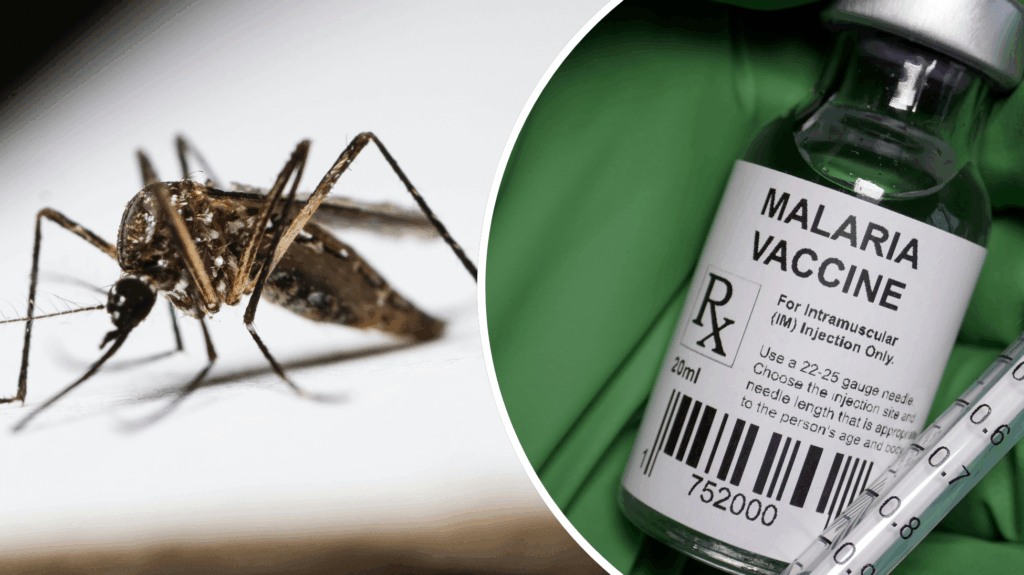
Malaria, a mosquito-borne disease, remains a significant public health challenge in many parts of the world. While advancements in medicine have led to treatments and vaccines, prevention is still the most effective strategy for staying safe. Understanding the basics of malaria transmission and adopting simple preventative measures can significantly reduce your risk of infection. This blog post aims to provide a comprehensive guide to malaria prevention, empowering you with the knowledge needed to protect yourself and your loved ones.
Understanding the Enemy: How Malaria Spreads
Malaria is caused by parasites that are transmitted to humans through the bites of infected female Anopheles mosquitoes. When an infected mosquito bites a person, it injects parasites into the bloodstream. These parasites then multiply in the liver before infecting red blood cells. Symptoms of malaria can range from mild to severe, including fever, chills, sweating, headache, muscle aches, nausea, vomiting, and fatigue. In severe cases, malaria can lead to organ failure and death.
The Golden Rules of Malaria Prevention: Simple Steps, Big Impact
- Avoid Mosquito Bites: Your First Line of Defense
- Use Insect Repellent: Apply insect repellent containing DEET, picaridin, IR3535, or oil of lemon eucalyptus to exposed skin. Follow the product instructions carefully, and reapply as needed, especially after sweating or swimming.
- Wear Protective Clothing: When venturing into malaria-prone areas, wear long-sleeved shirts, long pants, and socks to minimize exposed skin. Consider treating clothing with permethrin, an insecticide that repels and kills mosquitoes.
- Sleep Under Insecticide-Treated Nets (ITNs): ITNs are a highly effective way to prevent mosquito bites while sleeping. Ensure the net is intact and tucked under the mattress. Long lasting insecticide treated nets are recommended by the WHO.
- Stay Indoors During Peak Mosquito Activity: Anopheles mosquitoes are most active during dusk and dawn. Minimize your outdoor activities during these times.
- Install Screens and Use Air Conditioning: Install screens on windows and doors to prevent mosquitoes from entering your home. Air conditioning can also deter mosquitoes, as they prefer warmer temperatures.
- Environmental Control: Reducing Mosquito Breeding Grounds
- Eliminate Standing Water: Mosquitoes breed in stagnant water. Empty containers that collect water, such as flower pots, buckets, and tires. Regularly clean gutters and ensure proper drainage around your home.
- Use Larvicides: If eliminating standing water is not possible, consider using larvicides to kill mosquito larvae. Consult with local health authorities for safe and effective larvicide options.
- Maintain Proper Sanitation: Keep your surroundings clean and free of debris, as mosquitoes can find shelter in overgrown vegetation and trash.
- Chemoprophylaxis: Medication for High-Risk Travelers
- Consult with a Healthcare Provider: If you are traveling to a malaria-endemic region, consult with a healthcare provider well in advance of your trip. They can assess your risk and recommend appropriate chemoprophylaxis (preventive medication).
- Adhere to the Prescribed Regimen: Take your antimalarial medication exactly as prescribed, and complete the entire course of treatment, even if you feel well.
- Be Aware of Potential Side Effects: Different antimalarial medications have different side effects. Discuss any concerns with your healthcare provider.
- Early Diagnosis and Treatment: Prompt Action Saves Lives
- Recognize Malaria Symptoms: Be aware of the symptoms of malaria, and seek medical attention immediately if you experience any of them, especially if you have recently traveled to a malaria-endemic area.
- Get Tested Promptly: Rapid diagnostic tests (RDTs) can quickly detect malaria parasites in the blood. Early diagnosis and treatment can prevent severe complications.
- Follow Healthcare Provider’s Instructions: If you are diagnosed with malaria, follow your healthcare provider’s instructions carefully and complete the prescribed treatment.
Special Considerations: Protecting Vulnerable Populations
- Pregnant Women: Pregnant women are at increased risk of severe malaria and its complications. They should take extra precautions to avoid mosquito bites and consult with their healthcare provider about appropriate chemoprophylaxis.
- Children: Children are also highly vulnerable to malaria. Ensure they sleep under ITNs and use insect repellent appropriate for their age.
- Travelers: Travelers to malaria-endemic regions should seek pre-travel consultation with a healthcare provider to assess their risk and receive appropriate preventive measures.
Staying Informed: The Key to Effective Prevention
Malaria prevention is an ongoing effort that requires vigilance and continuous learning. Stay informed about the latest recommendations from reputable sources, such as the World Health Organization (WHO) and your local health authorities.
Connecting with the Right Healthcare Providers: MCMI Can Help

Finding reliable health care providers near me can be challenging, especially when dealing with specific health concerns like malaria prevention. This is where platforms like MCMI can play a crucial role. MCMI aims to bridge the gap between individuals and qualified health care providers. By connecting you with experienced professionals, MCMI ensures you receive accurate information, personalized advice, and timely medical care.
MCMI can help you:
- Locate health care providers near me who specialize in tropical medicine and infectious diseases.
- Schedule appointments with healthcare providers who have expertise in malaria prevention and treatment.
- Access reliable information and resources about malaria prevention and travel health.
- Connect with telemedicine providers for remote consultations.
By leveraging platforms like MCMI, you can take proactive steps to safeguard your health and the health of your community. Remember, prevention is the cornerstone of malaria control. By adopting simple yet effective strategies, you can significantly reduce your risk of infection and contribute to a malaria-free future.
Leave a comment
Sign in to post your comment or sign-up if you don't have any account.